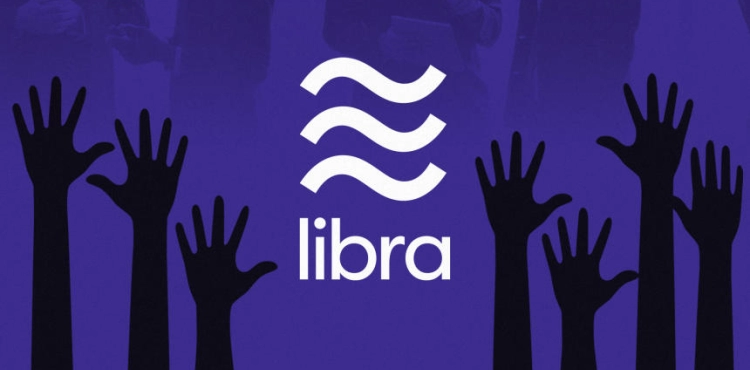The US social networking giant Facebook has found it difficult to implement its own initiative to launch a new digital currency of its own.
Facebook has earlier announced its desire to launch a new digital currency called "Libra" in dozens of countries by the first quarter of 2020, with a pilot launch by the end of this year.
In a statement to the US Capital Market Authority, Facebook said it "can not confirm the launch of Libera or related products and services in accordance with the proposed timetable and may not be offered at all."
Facebook has said it faces new regulatory and technological difficulties, with no clear rules for regulating digital currency trading in the United States and other countries.
Facebook added in its official statement that its participation in the LIBRA would make it subject to significant regulatory control and other risks that could have a negative impact on our business, reputation or financial results.
She acknowledged that the launch of the Libra digital currency has raised fears and opposition from many governments and regulatory authorities and these fears are expected to continue.
French Finance Minister Bruno Le Mire announced earlier this month that the Group of Seven industrialized nations were waiting for proposals from a working group "by the fall of this year" on how to deal with the Libra currency.
"All members of the Group of Seven (G-7) expressed deep concern about the Libra project," Le Mair said after two days of talks in Chantier near Paris.
The Working Group, chaired by ECB Executive Council member Benoit Kor, warned in an interim report that there was a need for "a great deal of effort" from developers of stable currency such as Libra, "before awaiting approval from the authorities concerned."
A summary of the report quoted by French officials that the Libra currency and similar projects pose serious risks in relation to issues including money laundering, financing of terrorism, consumer protection, data, fair competition and tax liability.












